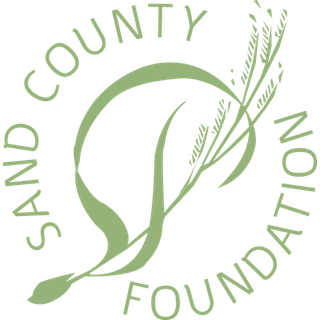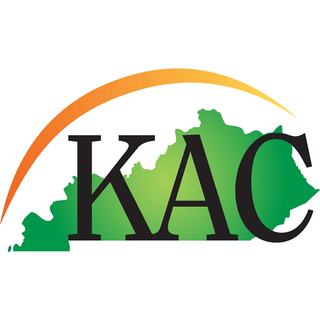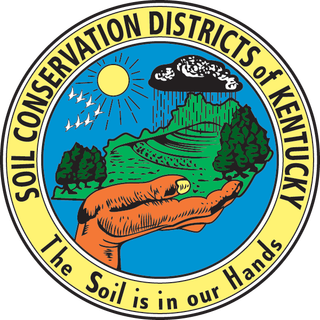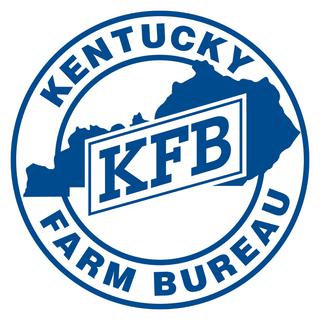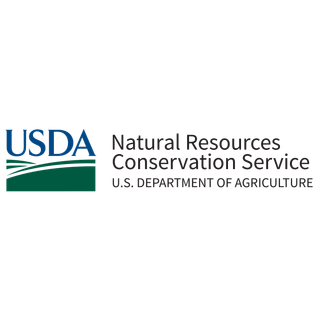Former tobacco fields, overgrown forests, and limestone outcroppings usually are not the makings of a conservation showplace. That is, unless you are talking about the father and son team of John and Randy Seymour.
Their original plan was to raise beef cattle, grow tobacco and row crops, and pursue timber production on land where others had struggled to make a living in remote northwest Hart County. The ravaged land was gullied and stripped of soil nutrients. Quality timber had been selectively stripped. Small, abandoned farms had been sold to others on speculation. Neglect had left the area ecologically damaged.
Undeterred, the Seymours spent four decades piecing together 28 parcels contoured with rolling hills, narrow valleys, and sandstone capped ridge tops into a 2,150-acre tract named Riders Mill Farms.
The Seymours dug 16 ponds to water cattle and protect the water quality of Roundstone Creek. Fences were built to protect the forest from cattle, and soil conditions were improved. The invested resources to control invasive species and repair severe erosion, and managed woodlands for timber production with the assistance of the Kentucky Division of Forestry.
Despite these conservation advancements, the Seymours were intrigued by protecting rare and threatened plants species and creating habitat for diverse and abundant wildlife populations. By prioritizing their farm’s diverse flora and fauna they saw an opportunity to diversify their income stream.
Abundant remnants of native grass, legumes, and wildflowers indicated the site would be ideal for their production. A survey of the farm’s flora found over 900 species. Each was collected, mounted, labeled, peer-reviewed, and included in an on-site herbarium for public study.
Watch their conservation success story
Roundstone Native Seed LLC (RNS) was established to specialize in growing seeds native to an ecologically distinct region. With more than 340 species in their seed catalog, the business helps other landowners establish native plants that reduce erosion, build soil health, and improve water quality.
A large demand comes from agencies and organizations that collect seeds from their own properties and send them to RNS to be cleaned and conditioned. RNS coordinates with other area landowners to grow seed under contract. In addition to native seeds an average of 500 acres of soybeans and oats are grown each year.
Riders Mill Farms contains a cave that serves as a maternity site for 36,000 gray bats, a federally listed endangered species. The Seymours vigorously protect the cave, closing it to only biologists from April through October.
The Seymours have an agreement with Kentucky Department of Fish & Wildlife to provide public fishing access along a half mile of Roundstone Creek, which the agency stocks with trout. They also host long-term studies of reptiles and amphibians in collaboration with conservation organizations and universities.
More than 100 acres have been restored as oak savanna at the farm, which has served as a release site with habitat for Ruffed Grouse. The Seymours also partnered with neighbors to provide a 5,000-acre protection zone for turkey.
In 2024, they hosted an event with the University of Kentucky that attracted more than 100 forestland owners interested in conservation. It’s proof that their willingness to share innovative native plant propagation methods has spread the Seymours land ethic far beyond their remote, but rejuvenated piece of Hart County.
